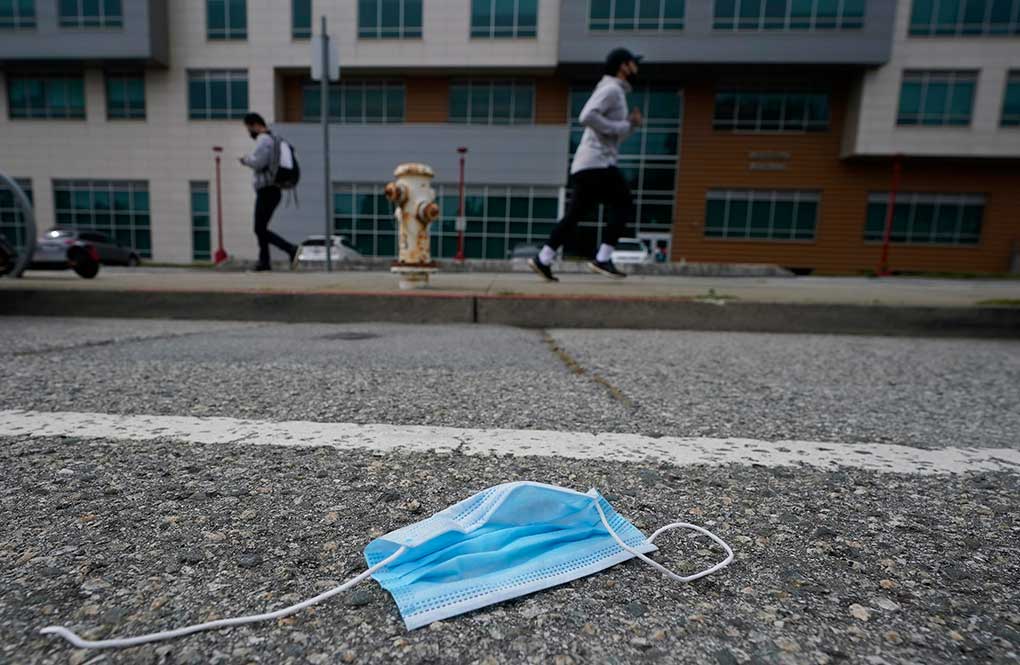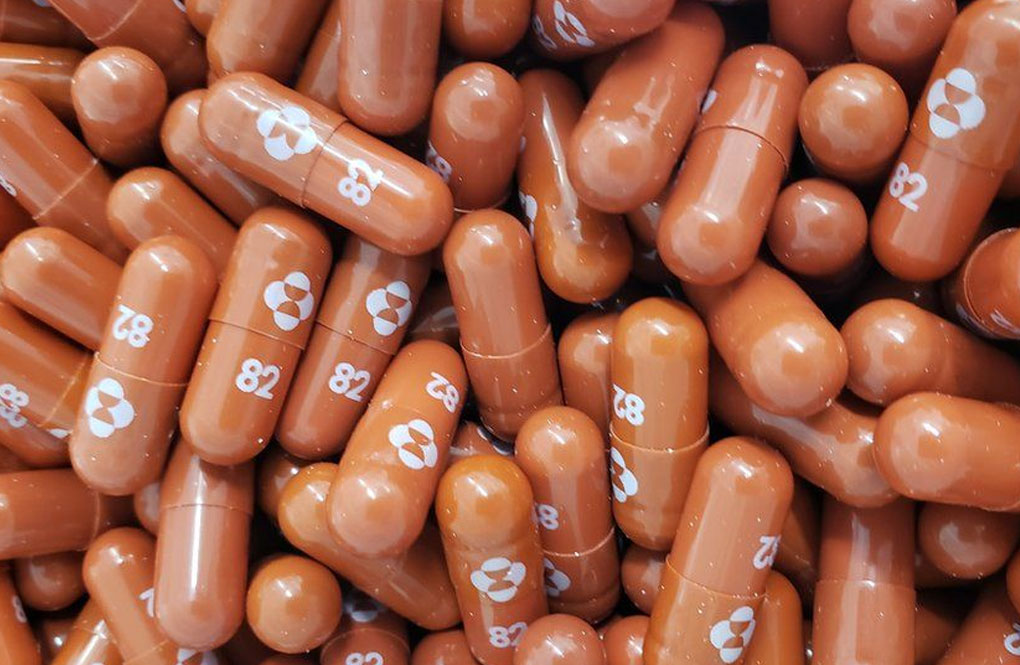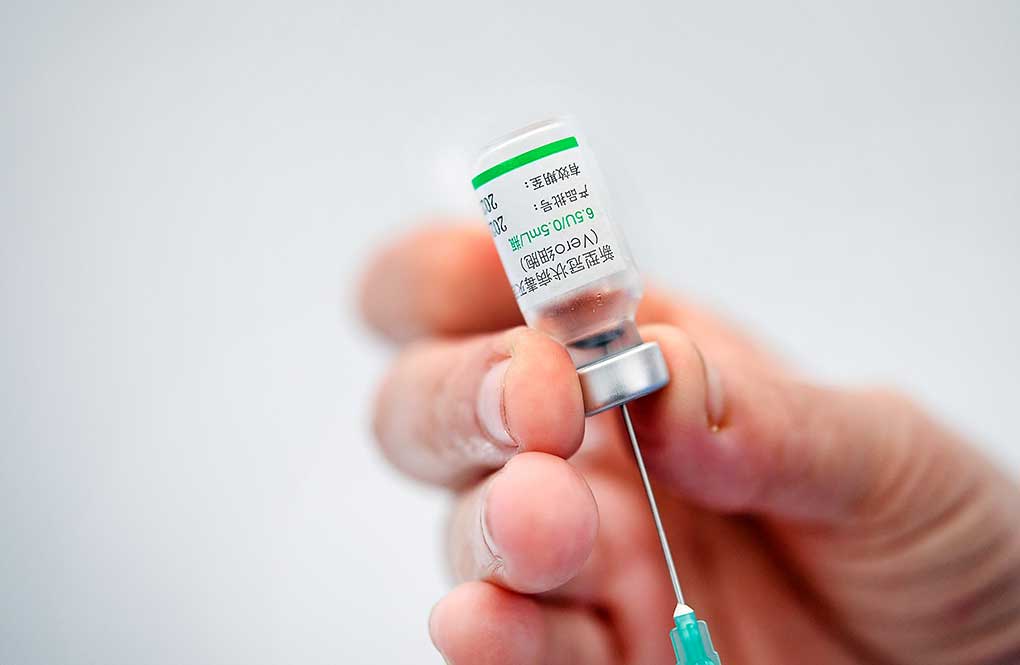A flexible response will be crucial from state governments in order to contain the spread of the Omicron variant, according to a leading infectious diseases expert.
The call comes with Queensland set to ease its border restrictions to virus hot spots such as NSW, which has seen a recent uptick in Omicron cases of COVID-19.
Queensland will open its border to fully vaccinated people from December 13, four days ahead of schedule.
That is despite NSW now having 25 cases of Omicron, after 10 new infections were picked up on Monday.
Infectious diseases expert at the University of Queensland Dr Paul Griffin said jurisdictions would need to have an agile response against Omicron that could easily be scaled up should it be required.
However, he said such a response would not mean the reintroduction of large-scale COVID-prevention measures such as lockdowns.
“I like to think that with our high vaccination rates – and we know the vaccines provide a similar level of protection against Omicron – lockdowns will be a thing of the past,” he told the Seven Network.
“Masks might be something we use to control certain areas of transmission, particularly high-risk environments, and while they are not 100 per cent effective, masks definitely help in reducing transmission.”
The latest government figures have shown more than 88 per cent of the population 16 and over are fully vaccinated.
Meanwhile, children aged between five and 11-years-old are set to be able to get their vaccinations for COVID-19 from early next year, after Australia’s medical regulator gave the green light to the cohort.
While Queensland is easing its border measures after months of restrictions, travellers will still need to undergo tests to enter the state.
Interstate travellers from virus hotspots will need to prove they have tested negative before they arrive, as well as take a second test on their fifth day in the Sunshine State.
Dr Griffin said the measures would be effective in helping reopen Queensland.
“There is an opportunity for people to get infected before they leave, or even while travelling,” he said.
“That day five test will give us a way to catch those people that have been infected subsequent to that first test, and that way we can make sure we limit the spread from those people if they introduce the virus to the state.”
Prime Minister Scott Morrison has urged states and territories to stick to the national reopening plan.
He said premiers should hold their nerve while more Omicron cases are detected.
South Australian Premier Steven Marshall said his government would move quickly to close the state border, should it prove necessary.
There were 208 new cases of COVID-19 recorded in NSW on Monday, while Victoria had 1073 cases and six fatalities.
The ACT registered six infections on Monday, while four were detected in South Australia.
(AAP)













